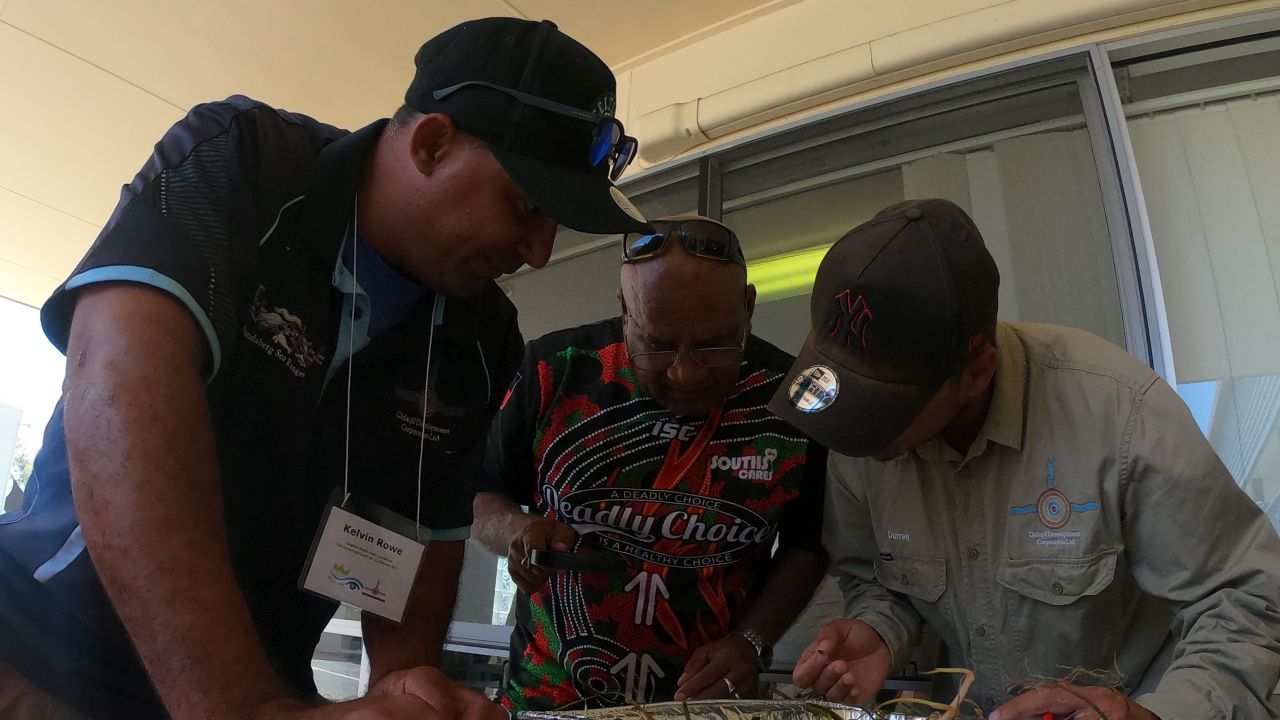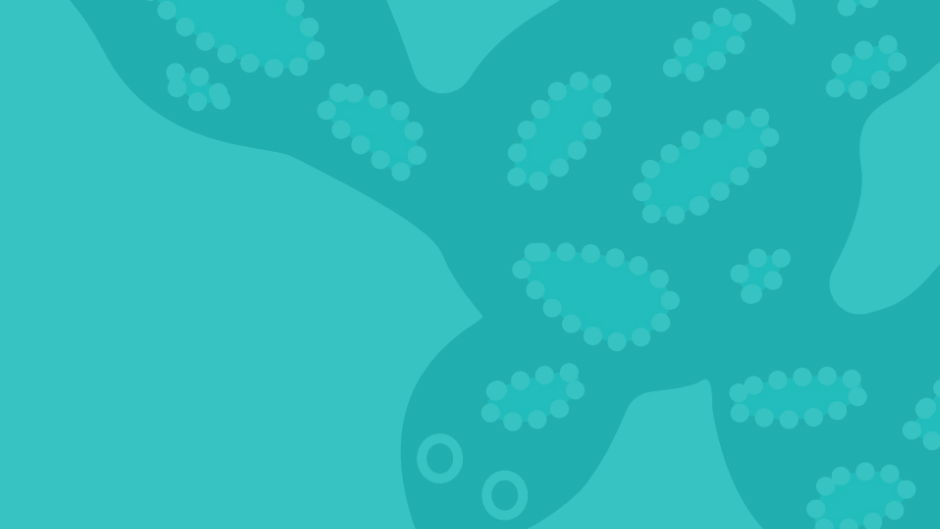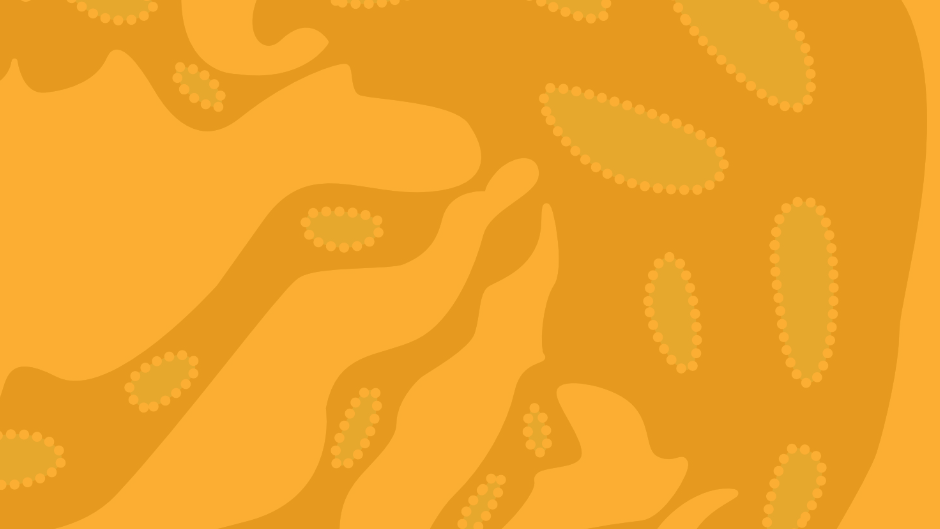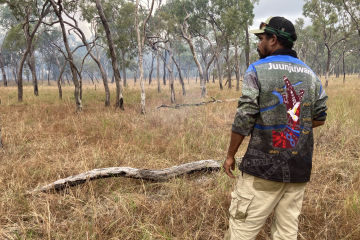Project News ·
Citizen Science project wrap: Stories of Impact
Community Caring for Sea Country: Seagrass
Impact Summary (Project funded mid-2019 and wrapped mid-2021)
Led by the Gidarjil Land and Sea Rangers and with guidance and participation from Elders of the Port Curtis Coral Coast (PCCC) region, this project addressed a significant knowledge gap in the condition and health of seagrass in Bustard Bay. Traditional Owners, youth and community members joined field-based training and data collection activities to establish and monitor local seagrass using Seagrass Watch.

Sea ranger Kelvin Rowe, Uncle Mick Eggmolesse and sea ranger Darren Hodges working together to identify different species of seagrass. Uncle Mick knows which ones are the favourites of turtle and dugong.

"It is important to listen to Elders because every time you listen you learn something new. If the Elders are proud of you for the work you are doing to care for Sea Country and maintain the connection to Country and culture, you are doing something right."
Sea ranger Kelvin Rowe
Project Impact Story
Historically, Gidarjil sea rangers would generally only have the opportunity to interact with Elders from the four family/clan groups of the Port Curtis Coral Coast (PCCC) region at key events throughout the year such as NAIDOC Week and formal meetings such as TUMRA Steering Committee meetings.
The ‘Community Caring for Sea Country: Seagrass’ project actively sought to strengthen these relationships by involving Elders in training events and monitoring events with the rangers to address a significant knowledge gap in the extent, condition, and changes in seagrass by monitoring and ground-truthing seagrass meadows in Round Hill Creek and Baffle Creek.
Through the project, rangers undertook extensive training in globally-standardised Seagrass Watch data collection methods to report on seagrass health in the region.
Elders and rangers are now building stronger relationships through planning, field visits and discussing findings and talking in depth about Sea Country connections and values.

"It opened my eyes to the on-ground work the rangers were doing to care for Sea Country. Learning together at the workshop reminded me of times spent with my own Elders on Country and I am particularly proud of the rangers asking questions and striving to learn. It gives me a good feeling to share my stories of turtles and seagrass with the rangers, and peace of mind to know the sea rangers are strong in culture and fulfilling their obligations to care for Sea Country."
Uncle Mick Eggmolesse, a proud Byellee Traditional Owner and Elder, attended a 3-day workshop with Gidarjil sea rangers.
Information collected through the project is being used by Seagrass Watch to report on Great Barrier Reef seagrass health and also was supplied to Burnett Mary Regional Group to contribute to a report card on coastal assets.
The ‘Community caring for Sea Country: Seagrass’ project has also sparked a PhD project focused on seagrass restoration, led by Indigenous sea ranger Kristie Dillon. Her project will involve collecting seagrass seeds with the assistance of the other rangers, growing them to size in tanks and replanting them in areas in PCCC Sea Country that have had disturbance in the past. This opportunity for women’s leadership in custodianship of Sea Country has great cultural significance, as Traditional custom is that women in PCCC Sea Country have a custodial role to look after waterways and estuarine areas.
Through the project, Elders have expressed their aspirations around mapping Sea Country values to understand more about spatial connections across marine habitats and the ecological and cultural values they support, as well as continuing to support youth engagement in learning about the importance of seagrass habitats and the wildlife and social values they support.
The project has helped to set the foundations for an ongoing program. Monitoring at these sites has been built into ranger work plans and Elders will continue to help shape planning of monitoring programs and how information is used to support caring for Country.
Learn more about citizen science projects supported through the Community Reef Protection Component.
#Related

Project News ·
Community at the forefront of Reef water quality protection

Project News ·


